
On Aug, 27, CMS held a “National Provider Call,” on ICD-10. Here are some of the key takeaways and an ICD-10 preparation checklist.

On Aug, 27, CMS held a “National Provider Call,” on ICD-10. Here are some of the key takeaways and an ICD-10 preparation checklist.
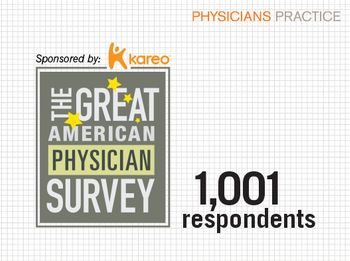
Even though financial and legislative challenges are making it harder to be a physician, docs tell us they haven't given up.

Meaningful use and narrow networks are forcing small practices to rethink the way they refer patients. Two practices have gone digital.
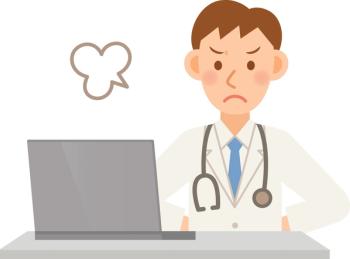
The study of Semiotics can be used to help us better understand and use technology to its fullest promise, rather than the evils that it may produce.

When ICD-10 hits on Oct. 1, coding habits aren’t the only thing that will require adjustment. Here are five EHR-specific tips for the transition.
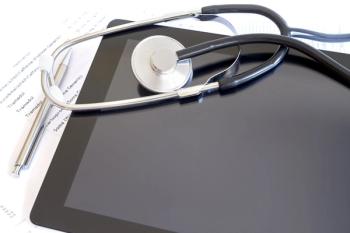
While there are more tools than ever within the EHR, many providers are still not using them to their fullest. There are multiple reasons why.
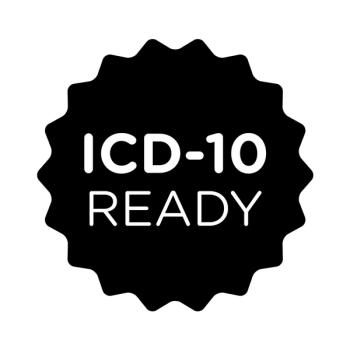
If you don’t think your practice will be ready to transition to ICD-10 by Oct. 1, partnering with your EHR vendor is one strategy to employ.

Before training your staff on new technology, it's a good idea to assess their overall comfort level and experience with using technology.

New technology offers the promise of boosting efficiency at your medical practice, but your staff holds the key to realizing its full potential.

Staff training is a critical component of successful implementation of an EHR. Here are six tips from the experts.

The biggest problem with an EHR is not the product itself - it is the way we learn to use it. Here are five strategies to reduce user frustrations.
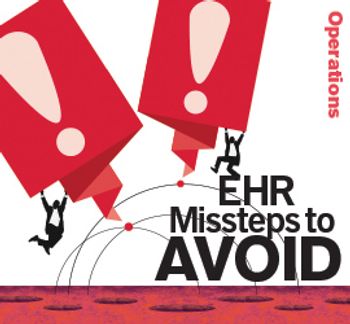
Once implemented, an EHR can bring many benefits to a practice. But minor mistakes can cause major problems. Here's what to watch out for.
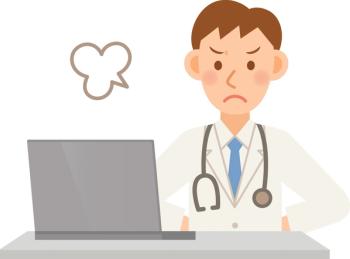
The inherent flaws in this doctor’s EHR system has created an ethical dilemma, which he says cannot be solved.
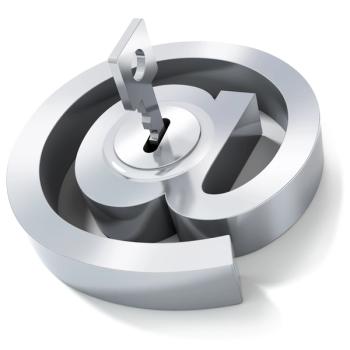
Physicians want access to patient data on the go, but practices need to have a secure BYOD policy. Here are a few steps to protect data within the EHR.

Practices are more at risk for breaches than ever before. Here are a few steps to protect data in the EHR and elsewhere.

What can the Cooperative Principle teach us about better using EHRs? A lot actually.

Doing your homework upfront may reduce the likelihood you'll experience challenges after implementing the new technology.

Our 2015 Technology Survey Sponsored by Kareo reveals common challenges practices face after technology implementations. Here's what they are, and how to address them.
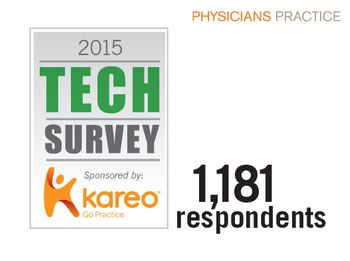
Here are the results from our 2015 Technology Survey, Sponsored by Kareo, featuring replies from more than 1,100 medical practices on their use of EHRs, patient portals, and other tech tools.

By continuing to use certain programs, including your EHR, you allow access to your data. Here's some guidance keeping your information private.

Your practice's EHR contains a wealth of data. But are you using that data to help keep your patients healthy?

Don't be afraid of big data. Instead, use it to bring meaningful change to your practice to help patients and staff.
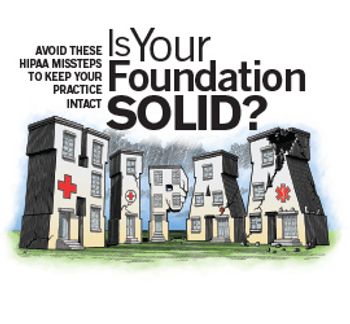
Nine HIPAA missteps that experts say medical practices make every day.

After 18 years, the hospital where I see patients is getting an EHR. It's hard for me to see the value for physicians and patients going forward.

EHRs should allow your practice to maintain or improve your productivity. Here are five ways to make sure it doesn't do the opposite.